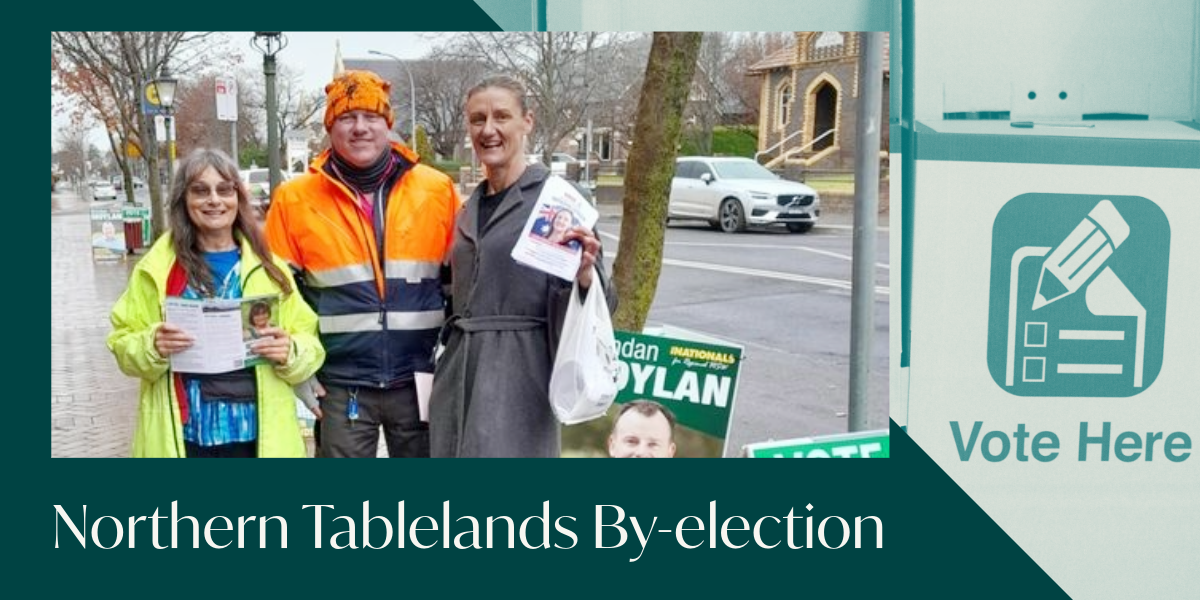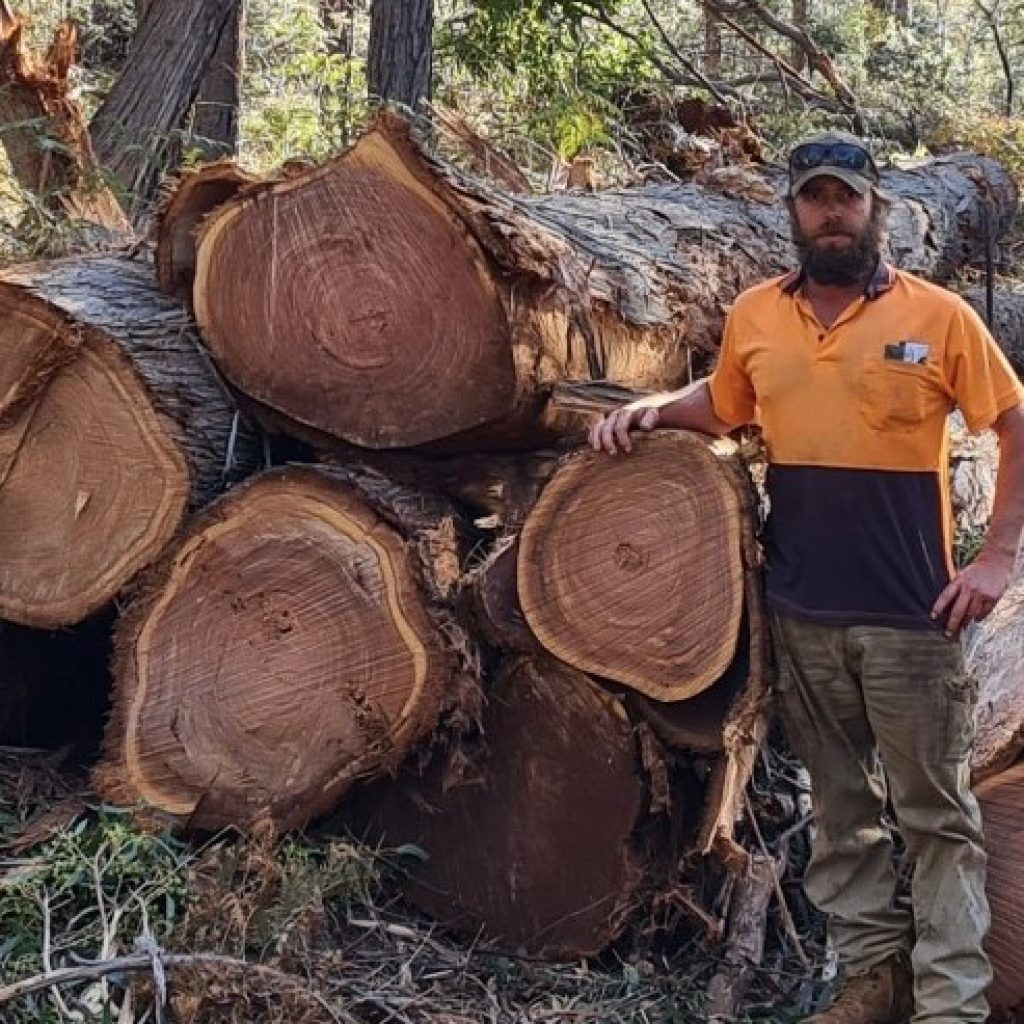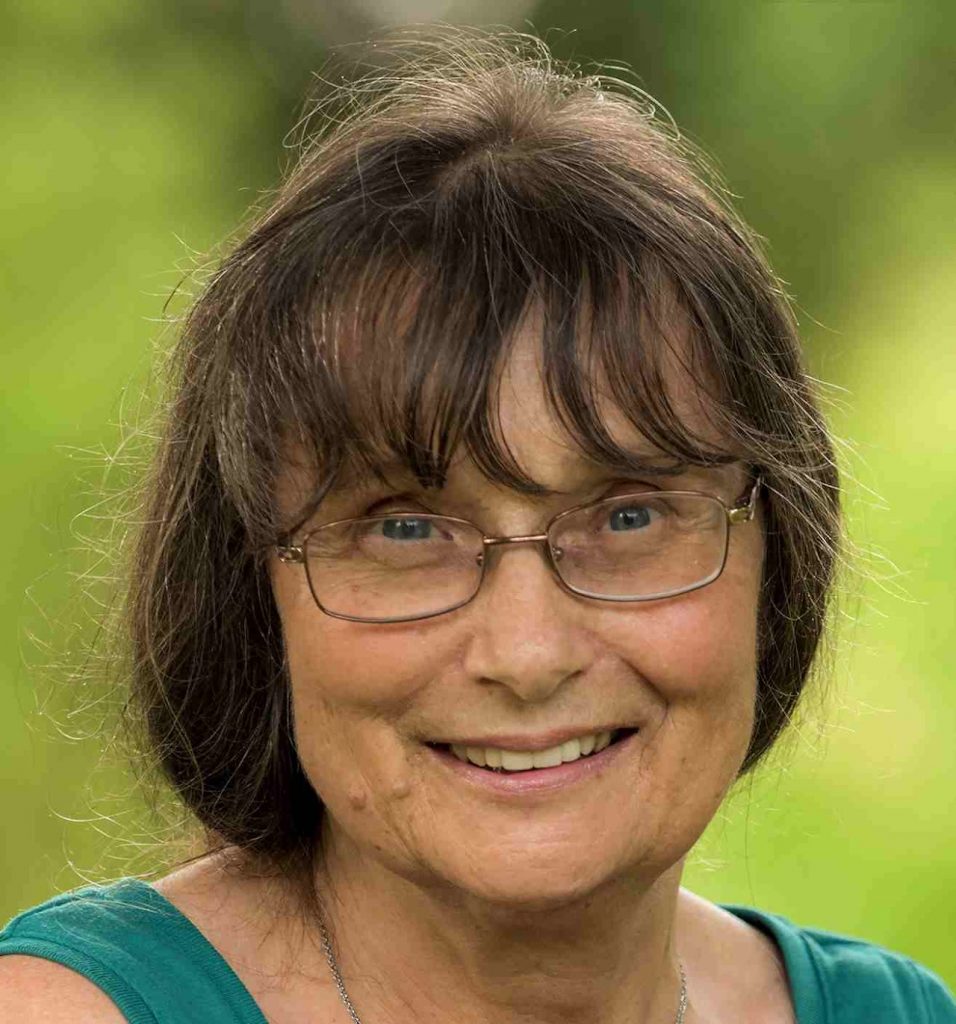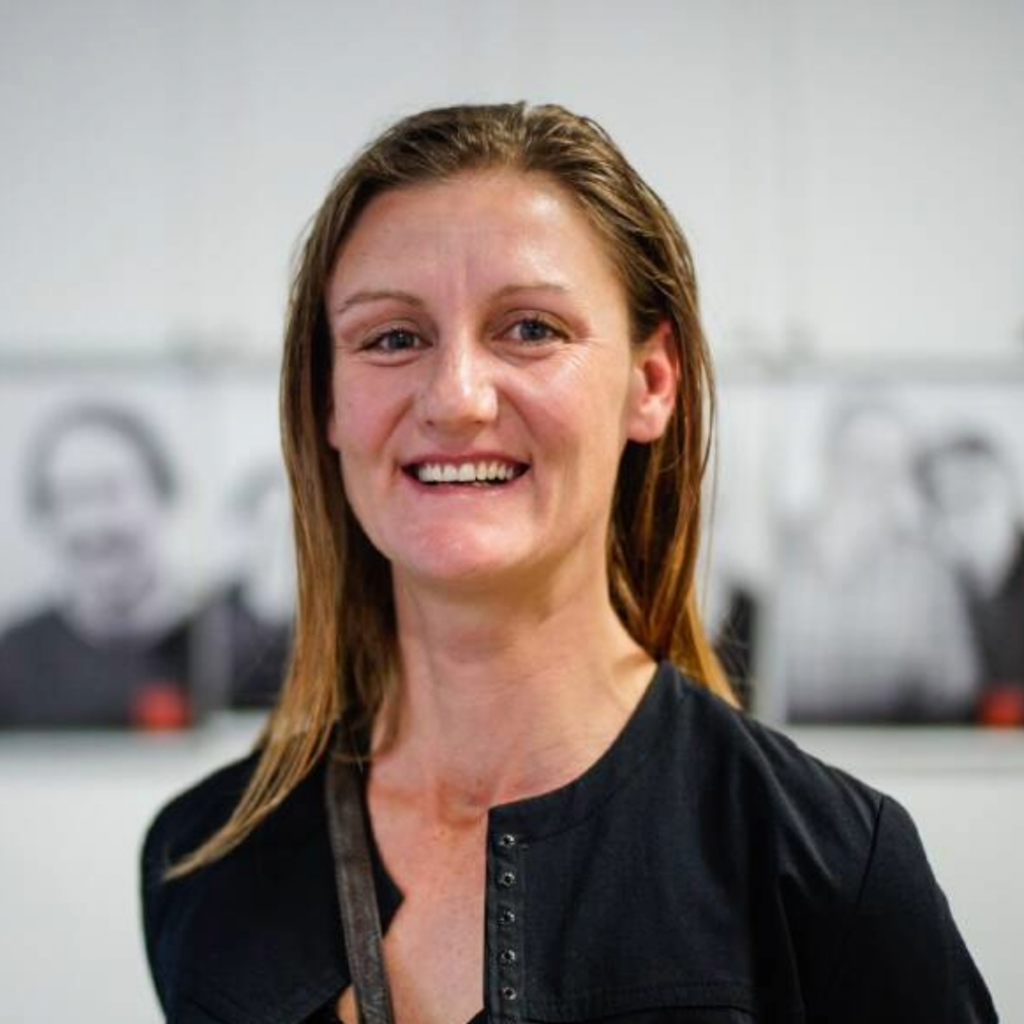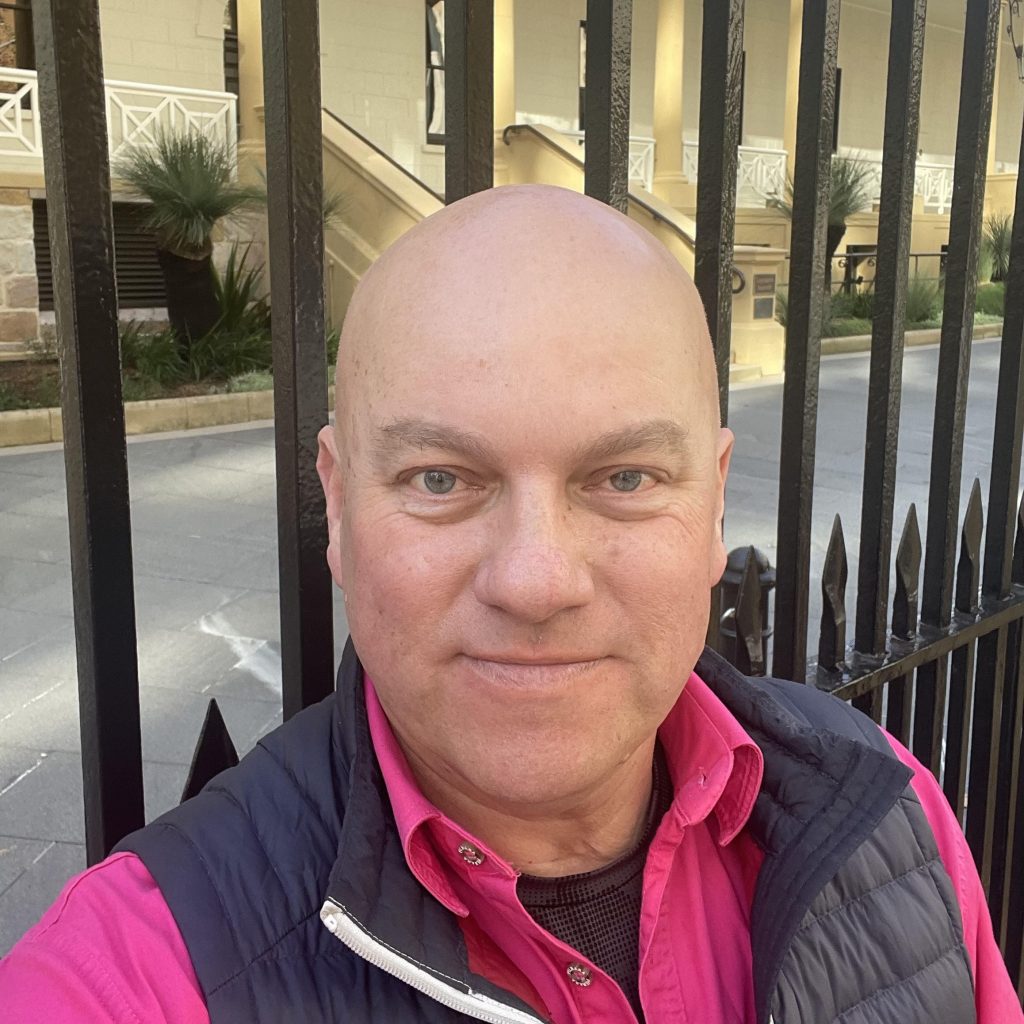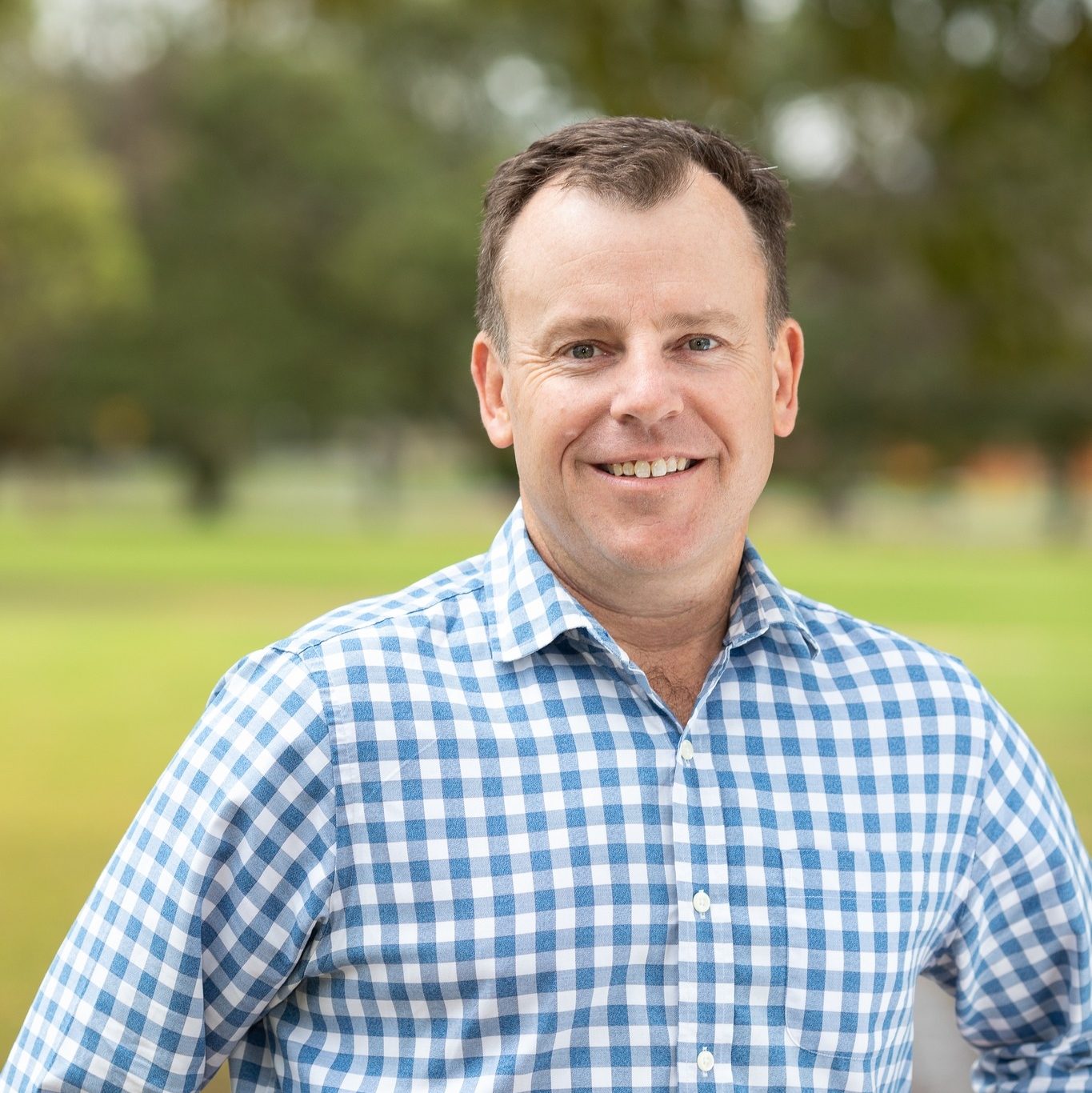By popular demand, we asked all five candidates in the Northern Tablelands by-election the same questions so you could compare them side by side before voting on Saturday.
As expected, only three of them answered, but we have also looked at information the candidates have elsewhere. We also tried to ask different questions so what we have compiled here can add to what you know, rather than just repeating what you’ve already read, and asked some detailed questions to challenge them, try and help you sort the wheat from the chaff.
For the questions we put to the candidates, we have copied and pasted both the question, and the responses from Dorothy Robinson, Duncan Fletcher, and Brendan Moylan, without editing – except for removing one comment of Mr Fisher that alleged wrongdoing by another candidate and their party without any basis, and the lawyers said we couldn’t publish.
(I expect that Natasha Ledger will do what she did in last year’s election – see this and post a series of social media posts and send a number of emails. If she responds to the questions put to her we will update the story. RKC.)
It’s a really hard thing to choose a candidate when there isn’t much of a contest, but hopefully this will help some people as the northern part of our region heads to the polls for the by-election this Saturday.
The Candidates
There are five candidates in the Northern Tablelands by-election. Here they are in the order they will appear on the ballot paper. In each of the sections below we’ll stick to this order.
- Ben Smith (Shooters, Fishers and Farmers)
- Dorothy Robinson (Greens)
- Natasha Ledger (Independent)
- Duncan Fischer (Independent)
- Brendan Moylan (Nationals)
Lets start with the basics…
We’ve compiled some basic ‘about’ info from each of the candidates materials and other publicly available information.
Age: unknown
Born/home town: Uralla
Lives: Wollomombi
Occupation: Works in Forestry
Description of themselves: “dedicated outdoorsman, passionate about hunting, shooting, and the outdoor lifestyle”
Random factoid: Was in a movie about shooting feral cats
Most vocal on: opposition to the New England REZ
Website: https://www.shootersfishersandfarmers.org.au/introducing_ben_smith_our_candidate_for_the_northern_tablelands_by_election
Contact details: bsmith@sff.net.au
Age: unknown
Born/home town: unknown
Lives: Armidale
Occupation: Retired academic, Armidale Regional Council councillor
Description of themselves: “committed to people before politics, and I’m a strong advocate for a fair share of resources for our region.”
Random factoid: has a PhD in genetics
Most vocal on: Air quality in Armidale
Website: grns.me/nsw/NorthernTablelands
Contact details: greens.ne@gmail
Age: 48
Born/home town: Sydney
Lives: Uralla
Occupation: Landscape gardener
Description of themselves: “Born in March of 76, exacting 23yrs of Sydney, exacting 23 years of country, lends way to a balanced perspective of the political.”
Random factoid: moved to the region because her daughter got a scholarship to NEGS
Most vocal on: Environmental issues
Website: https://natashaledger.com.au/
Contact details: natasha@yarrahapinni.com
Age: unknown
Born/home town: Central Coast/Sydney
Lives: Uralla
Occupation: Door Dash delivery driver
Description of themselves: “a Christian and at the core of my being is a heart to serve others”
Random factoid: Moved to Uralla in 2011 to run the Sweet Place, has had a lot of different jobs
Most vocal on: health
Website: https://www.duncanfischer.com/
Contact details: support@duncanfischer.com
Age: 43
Born: Gunnedah
Lives: Moree
Occupation: Lawyer
Description of themselves: “a solicitor with a long record of community service”
Random Factoid: Was a partner at Webb & Boland at 26 years old
Most vocal on: Law and order
Website: Facebook
Contact details: brendan.moylan@nswnationals.org.au
Note: the tables below may difficult to read on some phones. Apologies, we’ll figure our a better way to do it next time.
One thing…
Q: What would you like voters to know most about you before they head in to vote?
Dorothy Robinson I’d like voters to know I believe this region deserves a fair go. And that I’d work very hard to ensure this happens. My experience as an elected councillor as well as almost 30 years as a scientist working for NSW Agriculture/DPI has given me the knowledge, ability and desire to fight political inertia and other problems at the root of the inequities and poor service we currently face. For more about me and what I stand for, visit grns.me/nsw/NorthernTablelands Duncan Fisher Chose an independent candidate that has a high standard of ethics and <redacted comment> Brendan Moylan That I am a very hard-working person who is going into politics for the right reason, to make people’s lives better.
Biggest issue facing the electorate
Q: What do you think is the biggest issue facing the electorate?
Dorothy Robinson Poorer services in regional and rural areas and the failure to allocate resources according to needs.
* Poorer health services, despite 48% of Northern Tablelands residents reporting a long-term health condition, significantly higher than metropolitan areas, such as the 34% in Sydney’s Northern Beaches. We also have shorter life expectancy (M 78.8, F 83.8 in New England Northwest vs 84.7 and 86.9 years in Northern Beaches).
* We need a public transport service to Brisbane, and services to help our residents travel to medical and other appointments in larger cities. Even a bus providing two services from Armidale, Guyra, Glen Innes, Inverell and Bundarra and back to Armidale between 9 am and 5 pm once or twice a week would be a big improvement, as would be a more convenient service between Armidale and Uralla.
* We need affordable housing, better education and social services, and the same access to energy efficiency subsidies as the other NSW (Newcastle-Sydney-Wollongong)
* We need secure water supplies and ways to manage water that won’t cost the earth
* Residents of Renewable Energy Zones should have low-cost power. Neighbours of wind farms deserve fair compensation, as do hosts of transmission lines.
* CSIRO and the Australian Energy Market Operator say nuclear power will be over 3 times the price of renewables + storage. It’s worth questioning whether anyone who thinks otherwise understands economics and whether they could be trusted to manage the economy
* We need climate action to reduce the risk and loss of agricultural productivity from the droughts, dust storms, bushfires, floods and superstorms that will come all too often under global warming. NSW would have been $5 billion better off last financial year if we’d had the same coal royalties as Qld. Together with ending climate-damaging subsidies, this would fund much-needed services and give the regions a fair go.Duncan Fisher Lack of doctors for primary health care across the region. Brendan Moylan There is not one main issue, as our communities each have their own challenges, however there is a set of key issues that are raised with me everywhere I go. They are, access to healthcare, cost-of-living and issues associated with law and order.
Miles like Marshall
Q: Adam Marshall put in a lot of miles attending events and meetings across the electorate, and it’s a hard act to follow, particularly when you have a family who would like to have you home sometimes too. Do you intend to do the same or will your schedule be a bit more realistic?
Dorothy Robinson Unrealistic schedules might cause more problems than they solve!
The most important task is to work with other levels of government and advocate for a fair go for this region and a fair share of resources, allocated according to needs.
Lots of travel will indeed be needed, but it could be supplemented with monthly zoom meetings open to all residents who wish to raise issues.
I’d also like to establish a public correspondence list for residents who’d like other people to know about their issues and any responses received from ministers or local councils.Duncan Fisher I will probably do more kms than Adam ever dreamed of. I am even considering a mobile office setup to be truly visible and available to the electorate Brendan Moylan Having known Adam for a long time I have observed his commitment and work ethic and I wouldn’t have taken up the challenge if I didn’t intend to continue delivering the same level of dedication our communities have come to expect. I am not afraid of hard work and have travelled over 12,000kms in the last 6 weeks. My wife and kids are the grounding and supportive base that enables me to commit myself to my work, so while this is a change, I hope I will bring something new to the role.
Schools
Q: Merger of our high schools has created some big social problems.
a) Do you think either Armidale or Moree Secondary Colleges should be de-merged back into the two high schools?
b) Do you intend to stay on the case to ensure that the culture and staffing issues at Armidale Secondary College are resolved?
c) Many of the smaller schools in our communities live in fear of being closed or merged – for example Rocky River where they are currently fighting to stop their school being ‘closed by stealth’ with the department not repairing the unsafe school house. What will you do to protect and support our smaller schools?
d) Do you support calls for an additional public boarding school to be established in the region (either an ag school like Farrer/Yanco or an academic selective boarding school)?
Dorothy Robinson This problem is too big and too important to solve without a full understanding of all the issues and potential solutions. Education seems expensive only if we ignore the cost of ignorance.
I’d like to know how much of the problem is caused by lack of staff and other resources and how much by alienated school kids who have lost interest and enthusiasm for learning.
Previous cuts to TAFE funding have exacerbated the situation.
‘Staying on the case’ should mean working with staff, P&Cs and other suitably qualified people to identify and then implement the best education solutions for our entire region, including the desirability of an additional public boarding school. Duncan Fisher I do not have enough information on the schools situation to answer your detailed questions Brendan Moylan a) I will be guided by the school communities on this issue.
b) The well-being of the students and staff is my priority. I would be more than willing to hear from parents, students and staff on this issue, so that any issues of concern that do arise can be addressed promptly.
c) I reject there is widespread ‘fear of closure’ by the smaller schools in the electorate. The closure of any school takes a number of years of low or nil enrolments, the only currently ‘mothballed’ school in the electorate is Nowendoc Public School. Rocky River Public School boasts around 30 students enrolled and they are housed in demountable building on the school grounds pending a resolution around the future of the older weatherboard schoolhouse, which is reported to have major structural damage. I will commit to continuing the strong advocacy and support each of the approximately 80 schools across the electorate. Our teachers across the state do a fantastic job and I look forward to building those local relationships.
d) I understand there are no widespread calls, as such, for an additional public boarding school in this electorate. However, I am aware that the Isolated Children’s Parents’ Association (ICPA) have been lobbying the NSW Government to establish an additional public boarding school, for girls, in the northern part of NSW. There are currently only three state schools that offer boarding and I would agree with the ICPA that there would be a demand and need for a fourth such facility.
Crime
Q: Crime has always been an issue in Moree and a number of other communities in the region and there’s lots of historical and social reasons for that, but there have been periods in history where it was under control. Which do you think is more important when it comes to dealing with crime and other social issues: local knowledge and Indigenous wisdom? Or lots of cops and ‘resources’ like the recent measures to address crime in Moree? (Or do you need a bit of both?)
Dorothy Robinson Keeping people in prison is extremely expensive – $147,900 per person per year: https://ipa.org.au/research/rights-and-freedoms/the-cost-of-prisons-in-australia-2023
More importantly, that research reported that “More than 60 per cent of Australia’s prison population has been previously incarcerated which is one of the highest reoffending rates in the world.”
Not long ago, Norway was having similar problems, but thanks to significant reforms, its reoffending rate has fallen to about 20% – https://www.abc.net.au/news/2024-06-04/australia-broken-prison-system-norway-face-facts/103926876
In the long run ‘Justice Reinvestment’ – investing the money saved from not incarcerating non-violent criminals into ways to help them fit into our communities and society will reduce crime rates and a create safer society. Justice Reinvestment is already happening in NSW, but needs more support.
Drug addiction is also a major cause of crime, so investing in drug rehabilitation centres for Northern Tablelands residents will also reduce crime and improve public safety.Duncan Fisher Crime crosses over many boundaries and layers in society. Police need more powers but beyond that they need improvement internally to stem the flow of experienced officers leaving the force in droves. Brendan Moylan As a solicitor in Moree, I am very familiar with this issue. I am shaped by that background, and in my experience, the best results are delivered by a fair and firm magistrate who reflects the community’s expectations in his or her sentences. I would like to see magistrates who are invested in the success of our communities, and who create general deterrence from proper sentencing as this resonates across the community. Nevertheless, I am open to all solutions and will work with any government, community group or organisation that has the safety of our region at heart.
Health
Q: Health services are obviously always a hot button in the New England. Do you support/will you continue Adam Marshall’s long campaign for the HNELHD to be split, and the New England to have its own local health district?
Dorothy Robinson Several groups, including New England Visions, other locals and dedicated people are already fighting for fair resources for health. We now have a single employer model for GP training that will slowly start to address some of the damage from our current doctor shortage. The NSW Government will soon avoid the inefficient waste of paying $40 million a year to private agencies to recruit locums thanks to Greens MP Dr Amanda Cohn.
But we need much more! If state health agencies can employ trainee rural generalists, why not a similar scheme in areas of shortage for fully qualified ones? Easing the administrative burden, providing premises and support staff to manage appointments and medicare claims, might increase job satisfaction and encourage more GPs to come here . This would be a win-win for our region – more medicare-funded primary care to prevent disease, avoiding expensive hospital costs. State health agencies would be better off despite having to cover some administration costs.
In Glen Innes, the Attract-Connect-Stay group has managed to recruit two doctors, a pharmacist, an exercise physiologist, a nurse practitioner, a diabetes educator and a social worker for the town.
https://www.abc.net.au/news/2022-11-27/doctor-shortage-eases-in-glen-innes-with-attract-connect-stay/101694194
I’d be very interested in working with our local area health service to see if they can support such work throughout the region, and also to explore other options, e.g. asking the Federal Government if HECs debt repayments can be waived for health professionals working in areas of shortageDuncan Fisher I think splitting the health services is just a smoke screen distraction from addressing the real issues facing healthcare in the regional areas. We have to come up with new ideas, that’s where I fit in, my entrepreneurial nature takes ideas from multiple sources and industry to come up with a solution Brendan Moylan If I am elected I intend to meet with the key stake holders across the region and with Hunter New England Health as soon as possible. HNEH services a population pool of more than 920,000 residents, across 25 local government areas. This is triple the size of other regional health districts. The New England needs to be severed from the Hunter so that our district can be managed with a focus on local – not Newcastle. The current health district fails those communities out beyond Tamworth, with hospitals such as Glen Innes, Moree and Inverell reduced to mere triage centres, and our hardworking paramedics into taxi drivers. This is an important battle and I am up to continuing the fight.
Councils
Q: There’s a big variation in local councils in the region, with some run very well and some not.
a) Do you support the recent massive rate hikes by some of our councils? What’s the alternative in your view?
b) Do you support Guyra’s push to de-amalgamate Armidale Regional Council so they can have their own council back?
Dorothy Robinson Towards the end of the last council I worked with two other councillors to submit a notice of motion for a plebiscite to determine the views of Guyra Shire residents, as a necessary first step towards any deamalgamation. That motion was not going to be supported by a majority of councillors, so it was withdrawn.
I will continue to push for a plebiscite either at State or local government level if there’s a chance it will be supported.
I was one of the two councillors who voted against ARC’s 58.8% rate rises. That failed, so I supported the initiative to introduce the rise over 3 years.
State and federal governments continue to pass more and more costs onto councils in NSW, as explained by Local Government NSW’s latest cost shifting report, released in November 2023. It highlighted a total cost shift to councils of $1.36 billion in 2021-22, equivalent of more than $460 per ratepayer annually.
This problem is compounded by the NSW Government’s insistence that local councils count as a ‘loss’ depreciation of assets, even those they might not intend to replace without future grant funding, and even those managed by the Rural Fire Service, for which they bear no responsibility. There are many other problems with the way councils are required to report capital expenditure, as explained in the New England Greens Submission to a NSW Government Inquiry
One significant problem is that $28.93 million in FY21-22 and $26.23 million in FY22-23 on materials and services for capital works are not shown until page 25 of the audited financial statements (AFS). Yet it is vitally important for anyone scrutinising the financial statements to know where this money comes from: how much is funded from capital grants and how much from surplus cash?
Highlighting this information in the initial income and expenditure page would make it easier for councillors to ensure that the insolvency problems of Central Coast Council are never repeated.
The counter-intuitive treatment of capital expenditure also leads to confusion about whether ARC’s 2022-23 AFS would have shown a $10 million surplus net operating result, and that the reported $0.294 deficit is really an artefact of a previous accounting treatment that had no impact on any prior net operating result.
Readers who would like to better understand the problems with council finances are welcome to read the entire submission.Duncan Fisher I am not considering local council issues, that will be for those considering running in local government elections in September Brendan Moylan a) The setting of rates and the provision of council services is of course a matter for local councils. Ultimately, if we as residents don’t agree that there was a valid reason for the rate variations that we have seen recently then there will obviously be ramifications for the councillors at the local Government elections later in the year. Alternatively, if residents agree that there was a basis for the rate variations then that will be reflected at the Ballot box.
b) There is now a clear legislative path that can be followed if community groups wish to de-merge from an existing LGA. Obviously the key principles are financial viability and community support. If groups in the community have properly drafted and comprehensive business plans which demonstrate financial viability and community backing then those groups are able to start the process under the Act.
Other sources of info
The wonderful Antony Green at the ABC has done his usual write up here
2ARM Armidale interviews:
Election day is this Saturday June 22, 2024.
Top image: Dorothy Robinson, Duncan Fisher, and Natasha Ledger at pre-poll (Dorothy
Like what you’re reading? Support New England Times by making a small contribution today and help us keep delivering local news paywall-free. Support now


